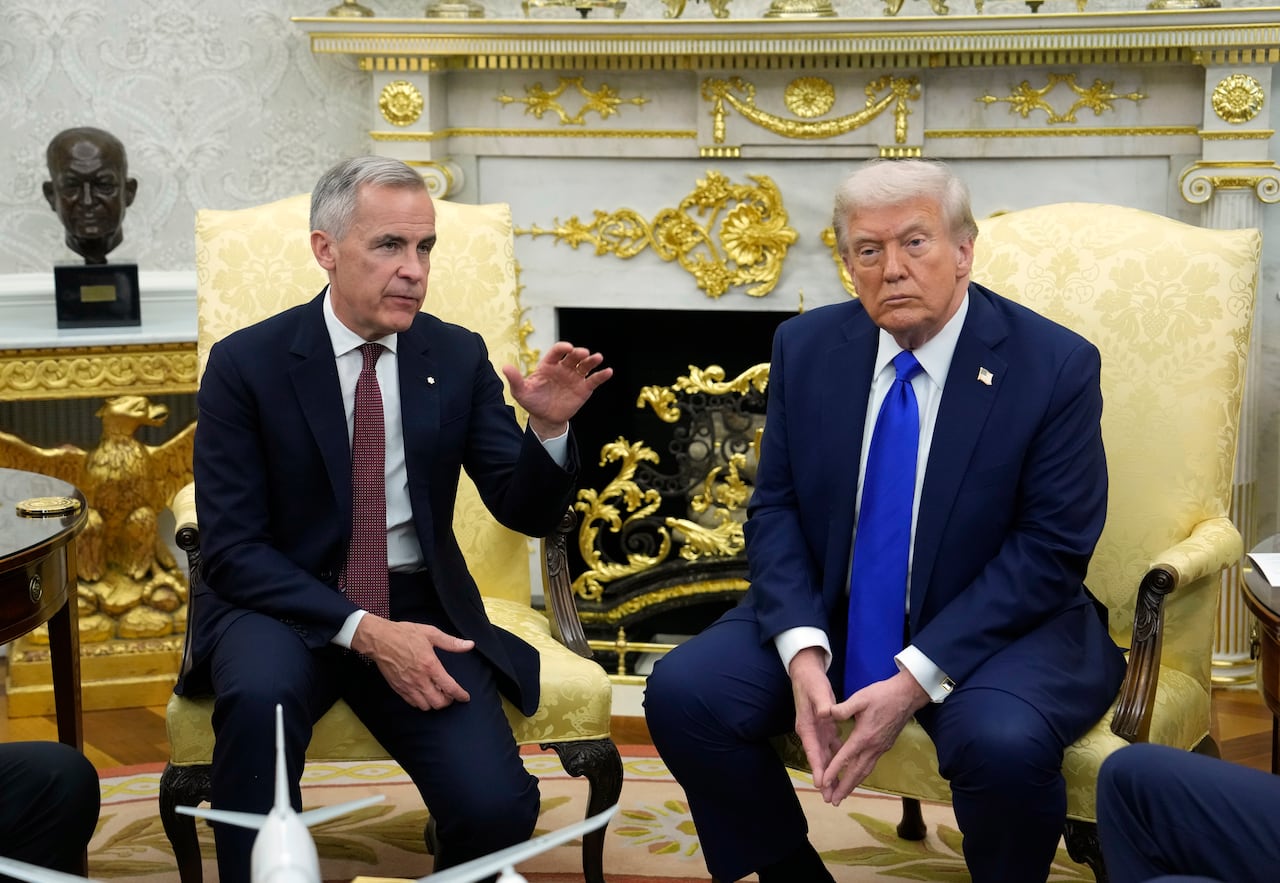By almost every measure, Canada's economy is stuck in a hole. Growth has slowed. The unemployment rate is rising.
At normal timesgive it to me transparent. The Bank of Canada is cutting interest rates and the federal government is increasing spending to help businesses and households weather the storm.
These are definitely not normal times.
And Bank of Canada Governor Tiff Macklem knows this.
“The structural damage caused by tariffs is reducing our production capacity and increasing costs. This limits the ability of monetary policy to stimulate demand while keeping inflation low,” Macklem said last week.
According to him, lowering interest rates can only achieve limited results. And at this uniquely strange moment for the Canadian economy, he says monetary policy has a limit.
“It can't target specific sectors. It can't target the hardest-hit industries: aluminum, steel, auto. It can't help companies find new markets. It can't help companies reconfigure their supply chains. What it can do is try to mitigate the spillovers from hard-hit sectors to the rest of the economy,” he said.
The Bank of Canada cut its key interest rate by 25 basis points, with Governor Tiff Macklem suggesting rates would remain unchanged as long as inflation remained within its target range of two per cent.
There is a clear message in this statement. Not just Canadians struggling to stay afloat during these difficult times. Economists say Macklem is sending an important signal to the federal government.
“The Bank seems to think it has done all it can and is now turning over the reins to the federal government to support the economy through fiscal policy,” says David-Alexandre Brassard, chief economist at the Association of Chartered Professional Accountants of Canada.
This fiscal policy will be released to everyone on Tuesday.
Randall Bartlett, deputy chief economist at Desjardins, says the budget itself will be truly unprecedented.
“It was unprecedented not only in delays, but also in planned spending, tax cuts and savings. Deficits could rise to levels not seen in decades outside of a recession or pandemic, and the debt-to-GDP ratio is likely to move in the wrong direction,” Bartlett wrote in a budget preview last month.
The question, of course, is whether the budget can do what the Bank of Canada cannot.
“It definitely can,” says Benjamin Reitses, managing director at BMO Economics.
He said it was clear that the Bank of Canada did what it could comfortably do. Now, he said, the focus is shifting to the federal budget.
“They're passing the baton to the fiscal authorities, which in this case is the federal government. We'll see what happens in this budget. I think there's a lot of optimism about potential new measures to stimulate growth,” Rightses said.
At the core of the issue is stimulating growth.
Height has been a problem for many years. Long before Donald Trump returned to Oval Office and Before U.S. tariffs caused so much damage, Canada was struggling to attract investment and stimulate economic growth.

GDP per capita fell sharply. Between 2014 and 2022, Canada's average growth was the third highest among OECD countries.
Above all, Rightses says this week's budget is a chance to reassess Canada's economic priorities.
“It's time to approach the economy and economic growth differently than we've done in the last few years and focus more on how to grow Canada than anything else,” said Rightses.
Therefore, the costs themselves are important. Canada has pledged billions of dollars in new defense spending. It has already committed billions more to the Major Projects Authority and diversification of trade corridors.
But every budget is a mixture of accounting and storytelling.
The numbers say one thing, the text of the document sometimes tells another.
Reitses says the challenge in this week's budget will be to ensure that everyone from Canadian workers and businesses to pension funds and investors around the world hears one clear message from the government.
“We're ready to grow the economy, we're focused on the things Canadians need to have a better life, and those priorities are not the same as they were in the last 10 years,” Rightses said.








